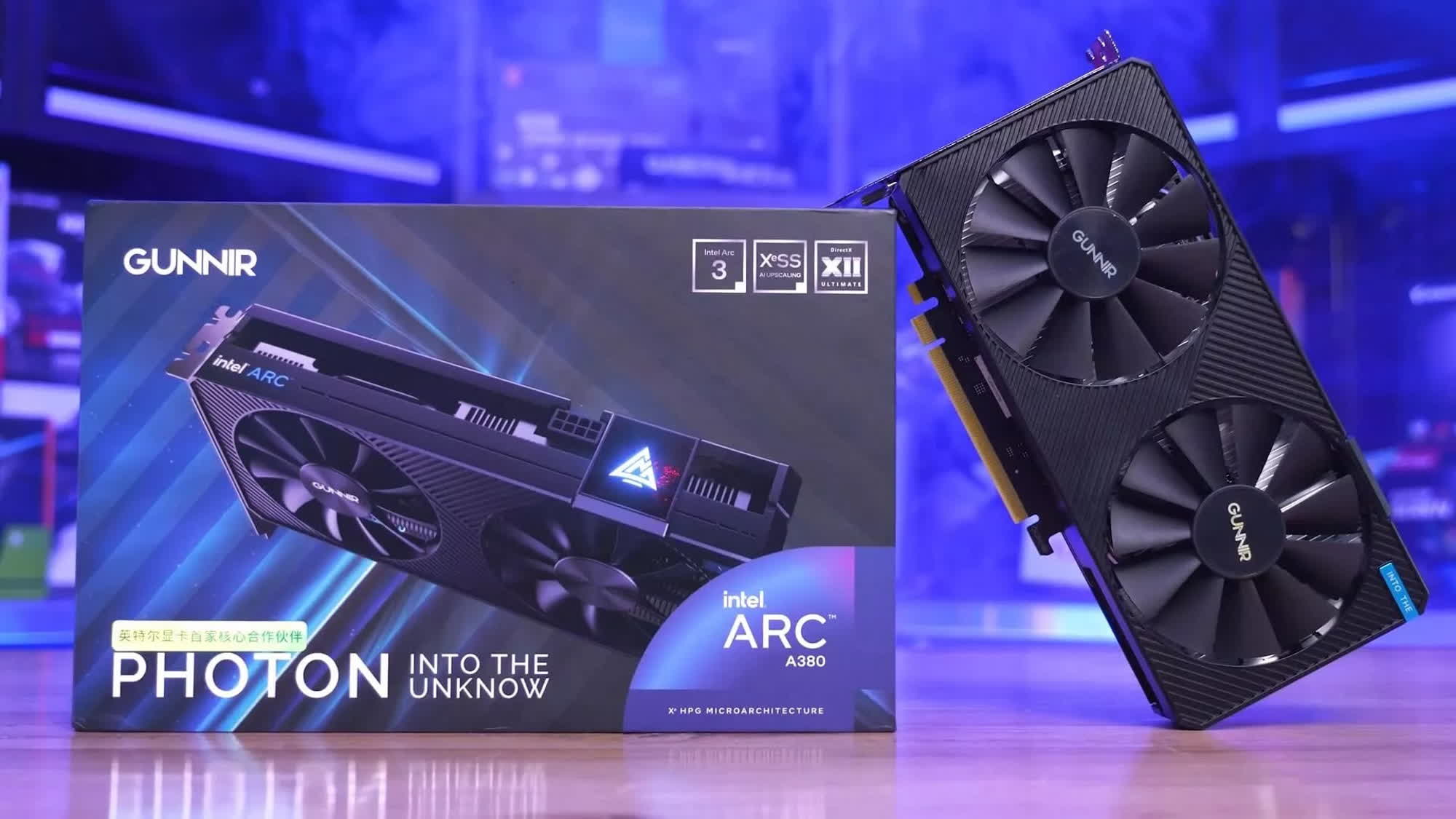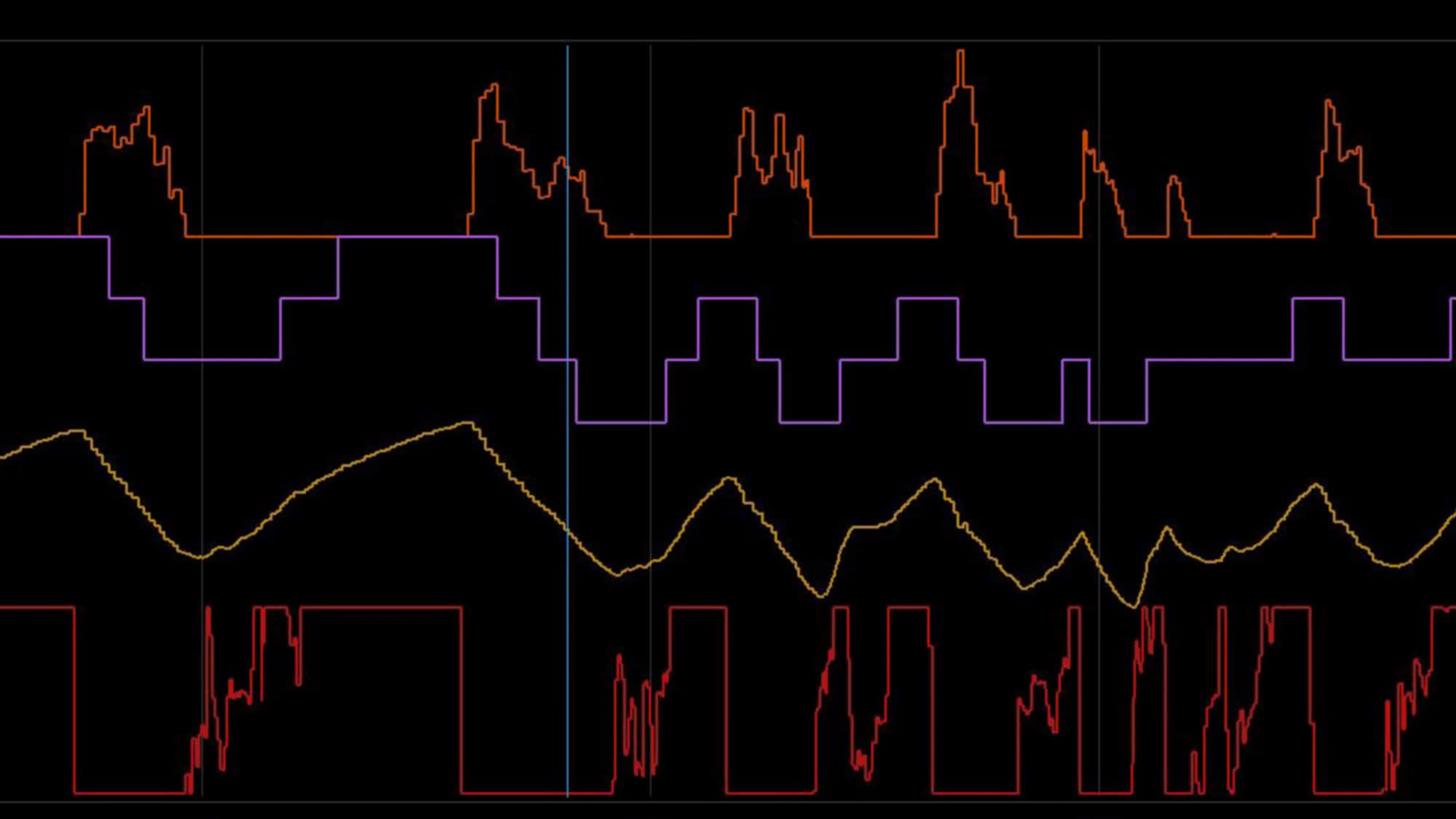Facepalm: Intel Arc represents a fresh GPU brand that Intel is aiming to position as a formidable competitor to Nvidia and AMD. While the performance might not be on par just yet, Intel's software is already adopting some of the less desirable software tactics utilized by its competitors.

Intel has introduced a new component in its Arc GPU Graphics Software that seems to have little connection with graphics hardware. The software suite, encompassing GPU drivers and control tools, now incorporates a telemetry-based feature intended to collect and transmit user data back to Intel.
The new telemetry component is referred to as the Compute Improvement Program (CIP), and it comes activated by default within the setup options. To prevent the installation of the CIP, users must be vigilant during the installation process and make appropriate customization choices. As TechPowerUp uncovered, the initial installation of the CIP component will be remembered and carried over to future Arc GPU software installations and updates.
According to the official support documentation, the Compute Improvement Program is intended to "empower you by providing the best computing experience." CIP gathers information about computer performance to enhance upcoming software releases, and Intel takes measures to protect users' data with "all reasonable efforts." Intel claims CIP doesn't collect sensitive personal information such as names, email addresses, or phone numbers.

However, the "Collected Data" section of the aforementioned documentation provides some concerning details about what CIP actually entails. Intel is interested in telemetry regarding the "categories" of websites users visit (excluding the URLs themselves), "how you use your computer," general system information, "other devices" present in a user's computing environment, and more.
Intel also states that the information collected through Arc GPU telemetry may be shared with its partners and processed by other "authorized service providers," which, as per the Intel Privacy Notice, includes third-party companies focused on personalized ads and other forms of targeted advertising.
Collecting usage data through software telemetry is not a novel concept, and the GPU software sector is particularly known for this type of user-unfriendly practice. Nvidia goes as far as to install its telemetry component alongside the GeForce GPU drivers, without an easy option to disable it. AMD, on the other hand, seems to be taking a more user-friendly approach, as the company clearly presents an opt-in choice for telemetry during the Radeon Software Adrenalin installation.